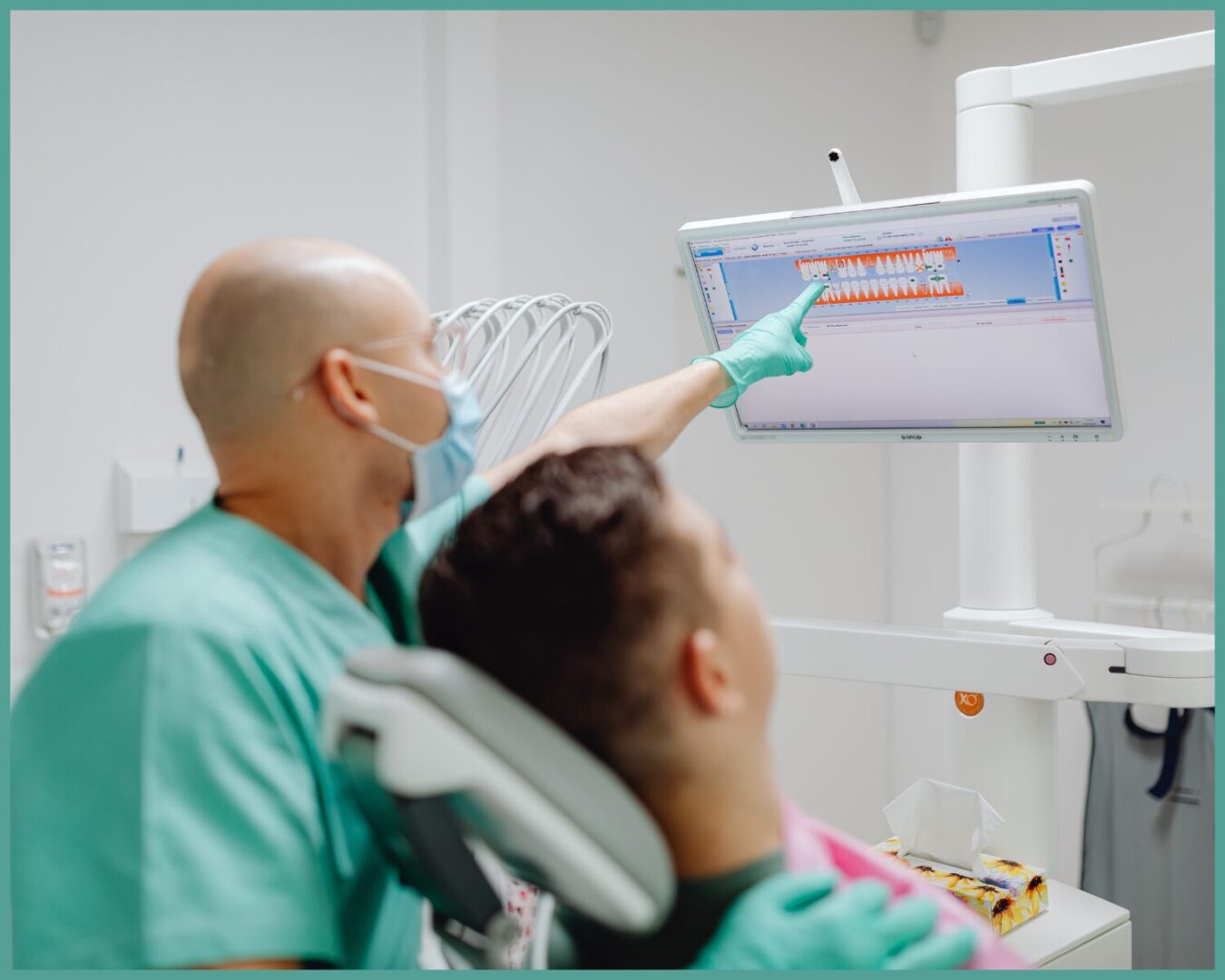“I discovered a growth on his gum that was only slightly smaller than a marble. That’s when I realized dental care involves much more than just brushing teeth.”
As caregivers for our loved ones with Alzheimer’s and other types of dementia, we’re continuously learning and adapting our care approaches. Through recent experiences, we’ve discovered important new aspects of oral care we believe are helpful for other caregivers and care receivers on their journey.
Throughout our caregiving journeys, we’re continuously learning. With our commitment to bringing you practical tips and candid conversations, we recognize the importance of updating what we have in order to support you along your journey. This blog post brings you an update to something specific that recently happened where Nancy learned some new valuable tips about oral hygiene.
Understanding the Need for Comprehensive Oral Care
When caring for someone with dementia, oral hygiene can become increasingly complex. What starts as basic tooth brushing evolves into comprehensive oral care. Through recent challenges, we’ve learned valuable lessons about the importance of thorough oral care and creative solutions for maintaining dental health.
Here are three tips we’ve learned from recent experiences.
Tip 1: Monitor Complete Oral Health
Oral care requires attention to more than just teeth — the entire mouth needs monitoring and care.
Key points:
- Stay up to date with dental care early in their journey
- Ask your dentist about any areas of concern early in the journey so they can be addressed
- Regularly check gum health
- Look for unusual growths or changes (gums should be firm, pink color, no signs of redness, swelling, or bleeding)
- Examine between gums and cheeks
- Watch for food accumulation
- Consider using a headlamp for better visibility
Nancy’s Experience:
I found a marble-sized growth on my husband’s gum that turned out to be a giant granuloma. It required treatment by a periodontist and couldn’t be handled by a regular dentist. This taught me the importance of checking his entire mouth, not just focusing on brushing teeth.
Tip 2: Utilize Oral Swabs Early
Oral swabs can be a game-changing tool for maintaining oral hygiene, especially when traditional brushing becomes challenging.
Key points:
- Start using oral swabs earlier in the journey so they’re used to them
- Use them as a backup when tooth brushing isn’t possible
- Try different mouthwash options
- Test flavors that appeal to your care receiver
- Consider children’s mouthwash for sweeter tastes
Sue’s Experience:
Try the oral swabs in your own mouth before you begin using them with your loved one so you understand how they feel. This helps you know the right pressure to use and how it feels for your care receiver. With my dad, we found children’s mouthwash worked better because he preferred the sweeter taste.
Nancy’s Experience:
When you brush your teeth and rinse your mouth, you’re spitting. When you spit, the food that’s caught between your gums and your cheeks is what you spit it out. Once your care receiver is not brushing their teeth anymore, they’re not spitting. This is why oral swabs are so important.
Tip 3: Explore Alternative Professional Care Options
When traditional dental visits become impossible, creative solutions exist for professional care.
Key points:
- Contact hospice organizations for dental referrals
- Ask about mobile dentist recommendations
- Expand your search radius for providers
- Look for dentists who specialize in dementia care
- Consider specialized transportation services
Nancy’s Experience:
After struggling to find mobile dentists, I learned hospice social workers can connect you with dental professionals who specialize in dementia care and will make house calls. This was information I wish I’d had much sooner.
Considerations for Specialized Dental Care.
When dealing with dental procedures:
- Consider sedation options when needed
- Arrange for additional caregiver support
- Plan for transportation challenges
- Research specialized transport services
- Have backup plans ready
Final Thoughts
Dental care for people with dementia requires continuous learning and adaptation. While it can feel overwhelming at times, finding the right resources and support makes a significant difference in providing effective care.
Key takeaways:
- Monitor complete oral health regularly
- Start using oral swabs sooner
- Research professional care options early
- Build a support network for care needs
- Stay open to learning new approaches
- Give yourself grace during challenges
- Don’t hesitate to ask for help
If you have tips about dental care that could help others, please share them on our Facebook page or Instagram page.
We’re all on this journey together.






Join the community